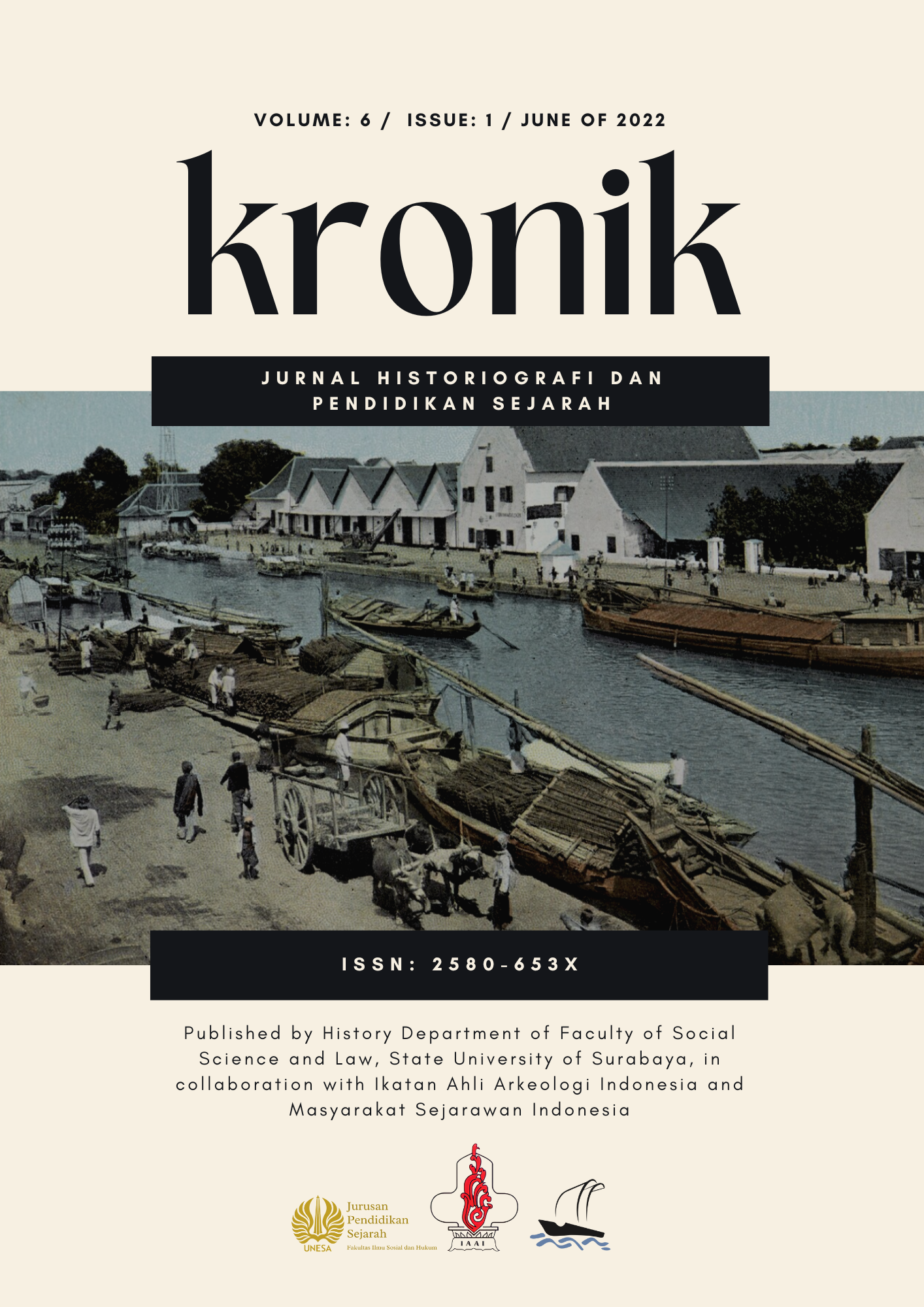ANALISIS PERUBAHAN POLA ASUH ORANG TUA DI ERA DIGITAL
DOI:
https://doi.org/10.26740/kjhi.v6i1.17848Abstract
Parenting is an initial foundation that parents can give children to provide moral education, character, and intelligence so that children can develop optimally. Parenting is a way for parents to educate children, treat, nurture and make children become disciplined individuals in adulthood, to assist the process of forming norms in the general public. In carrying out parenting, both father and mother must work hand in hand cooperatively in order for parenting runs optimally. Some people who adhere to patriarchy sometimes still project the task of raising children only to the mother. Parenting patterns are divided into four types, namely: (1) permissive, (2) authoritarian, (3) authoritative, and (4) uninvolved. Each of the existing types of parenting has its own positive and negative impacts. Considering the digital era where access to technology is getting easier and internet access is increasingly widespread, parents utilize the internet in daily life. Parents use the internet whether it's for educational purposes or merely entertainment. Utilizing and using technology and the internet to support parenting methods and patterns is not considered wrong, but using it excessively is not highly recommended. The negative impact of excessive internet and technology use is that it may draw a distance between children and their surroundings. This is what makes researchers interested in examining how changes in the digital era can affect parents' digital parenting. This study aims to find out how parents apply parenting styles and how the digitalization era affects parenting patterns for their children.
Downloads
Published
How to Cite
Issue
Section
License
Copyright (c) 2022 Universitas Negeri Surabaya

This work is licensed under a Creative Commons Attribution-NonCommercial-ShareAlike 4.0 International License.
 Abstract views: 597
,
Abstract views: 597
, PDF Downloads: 2084
PDF Downloads: 2084








